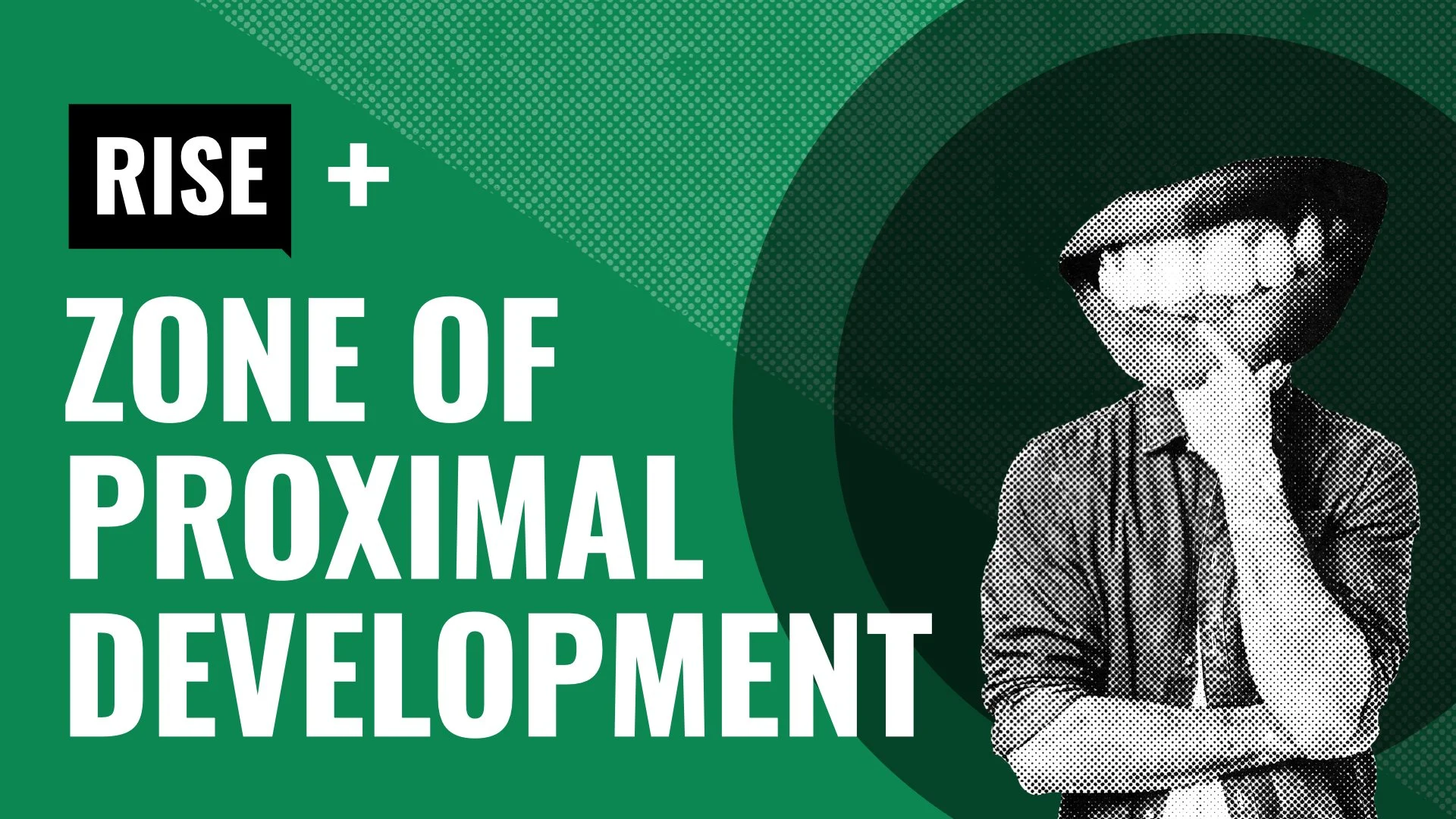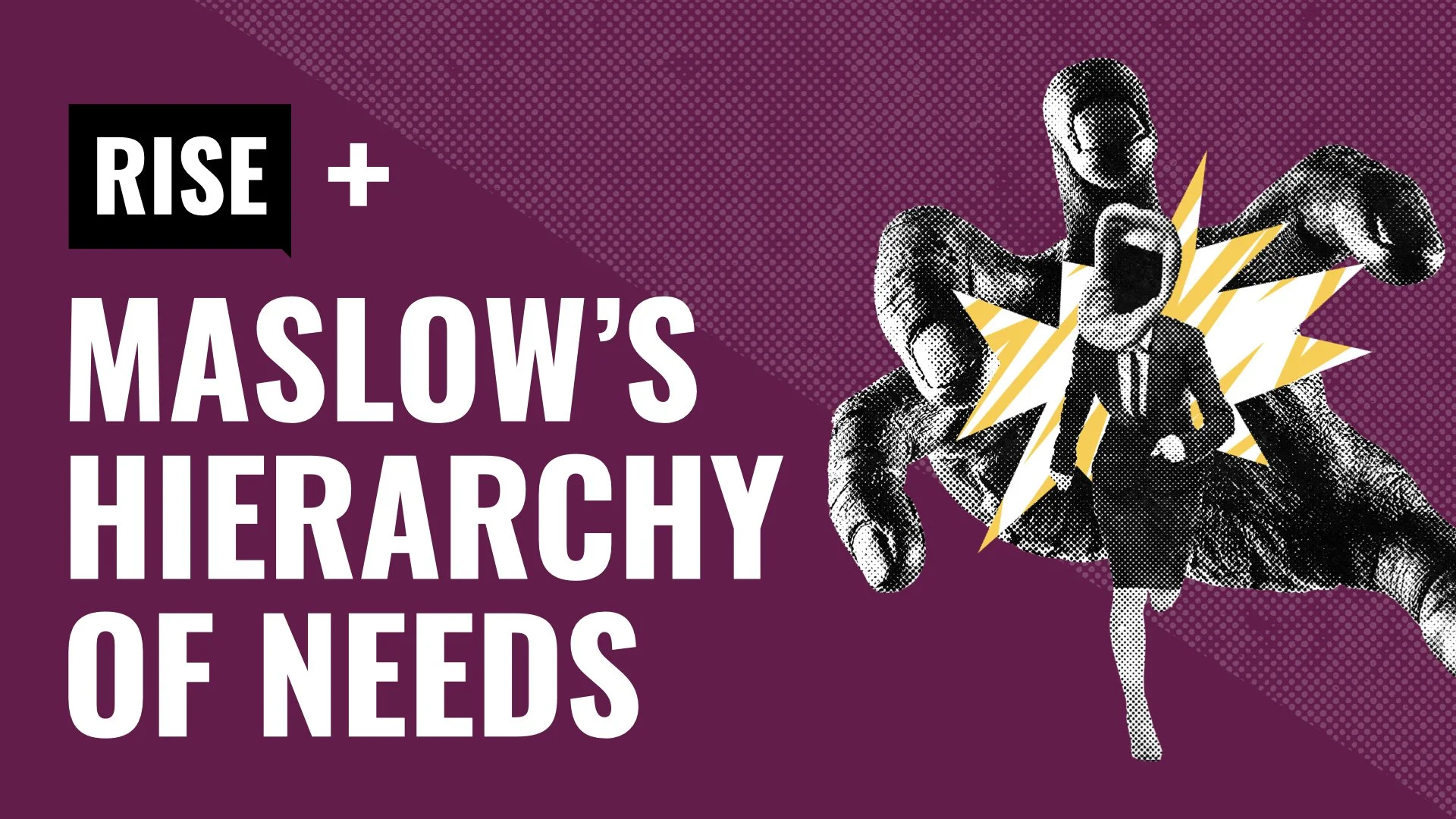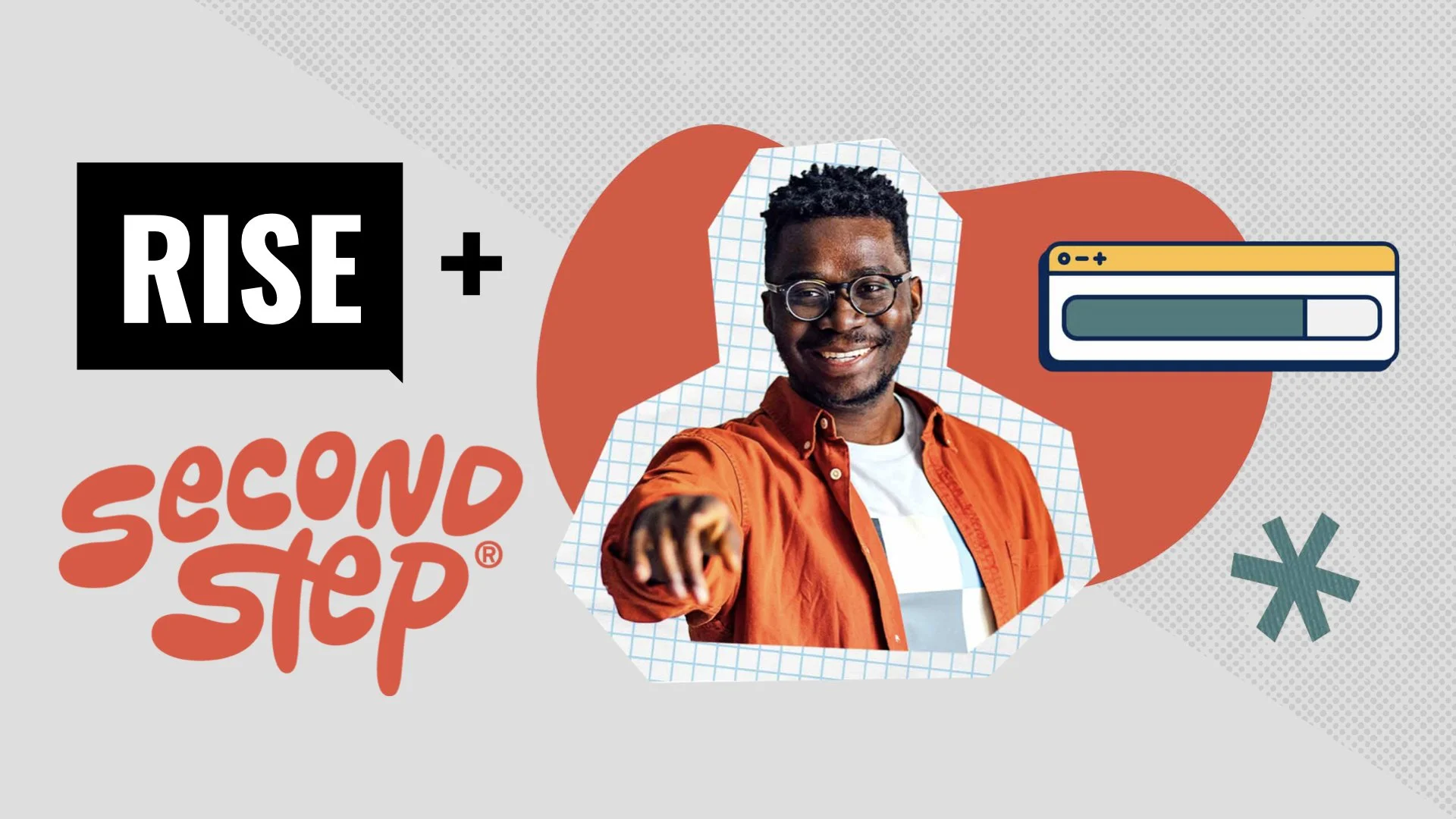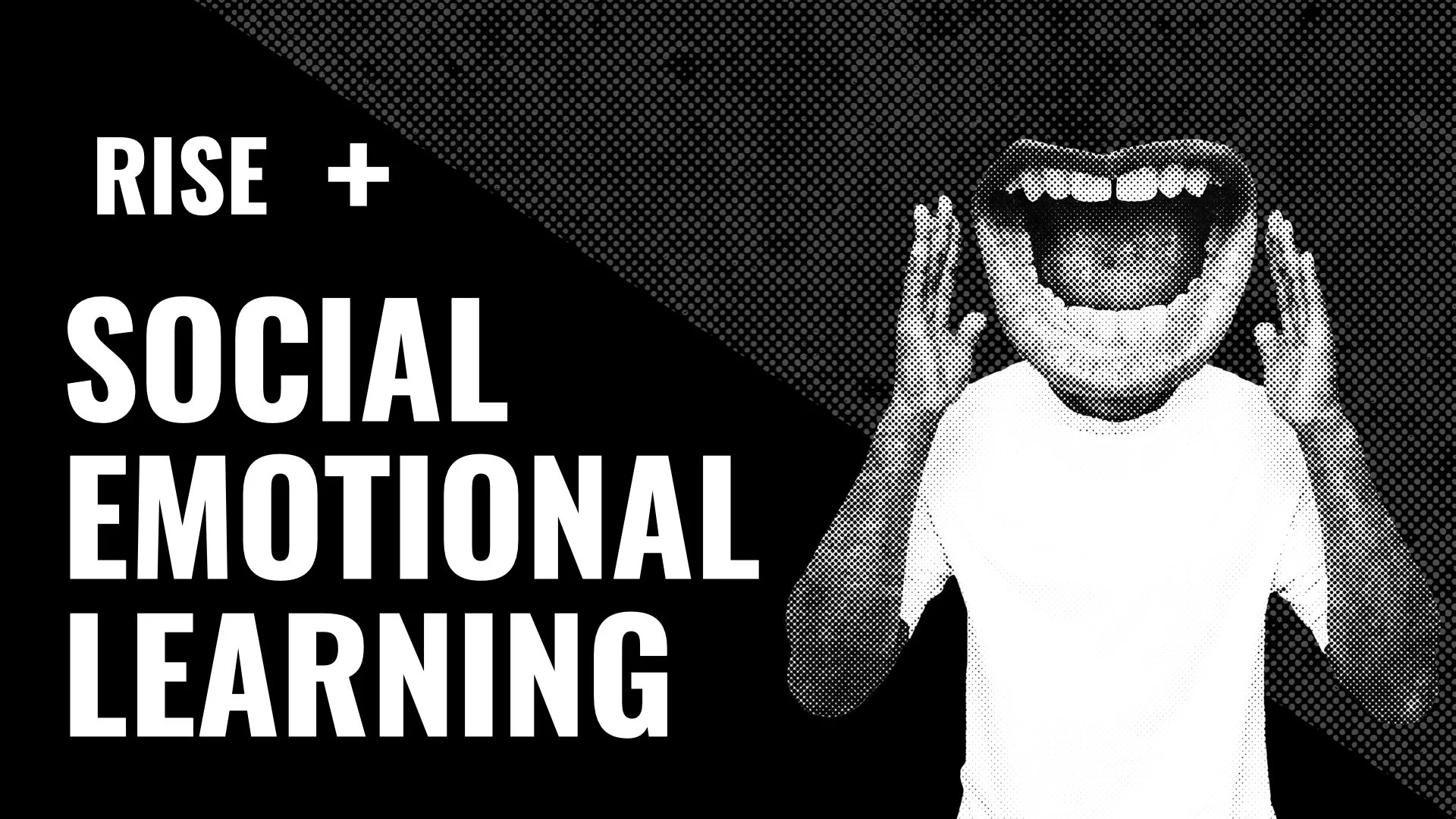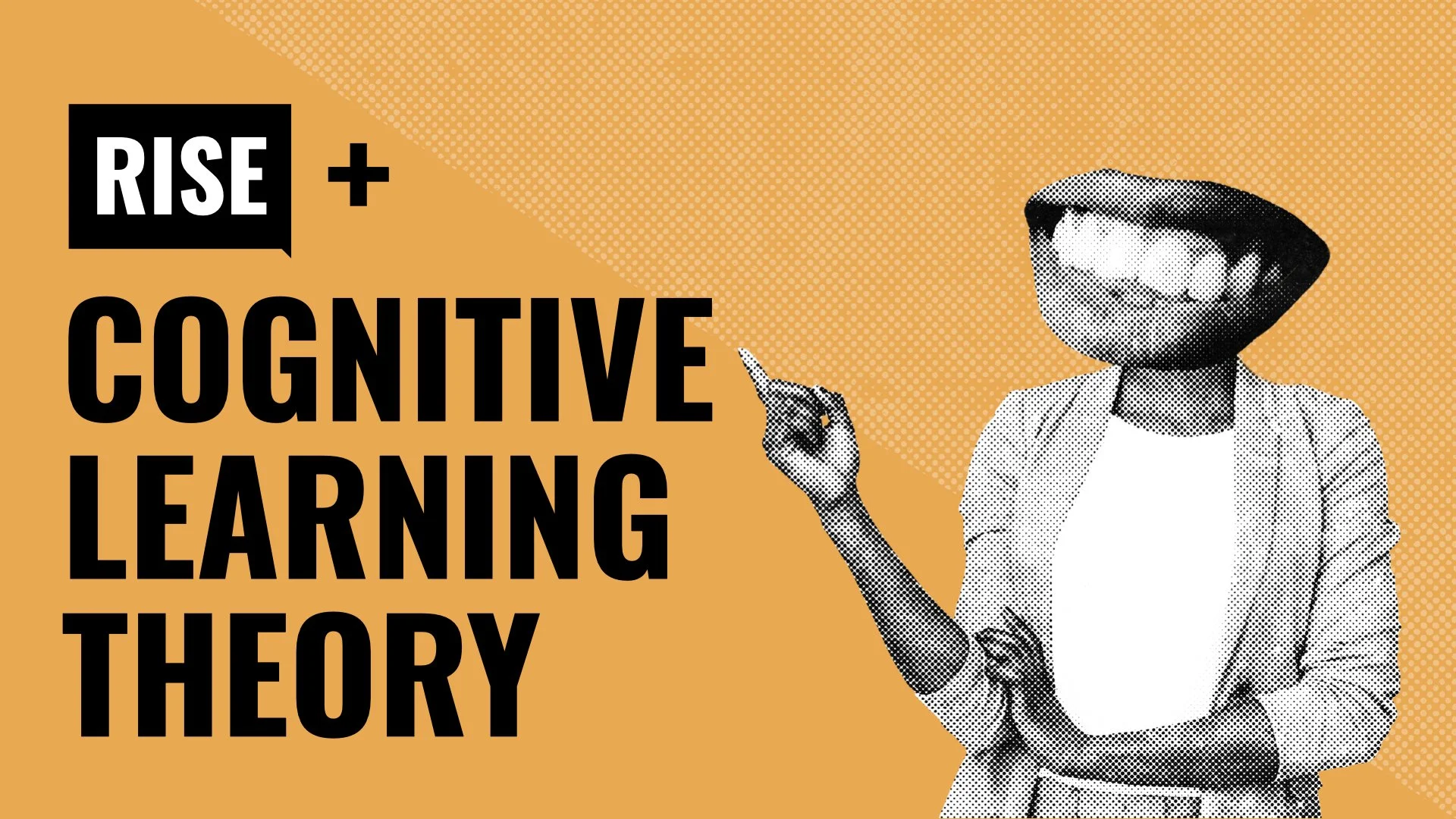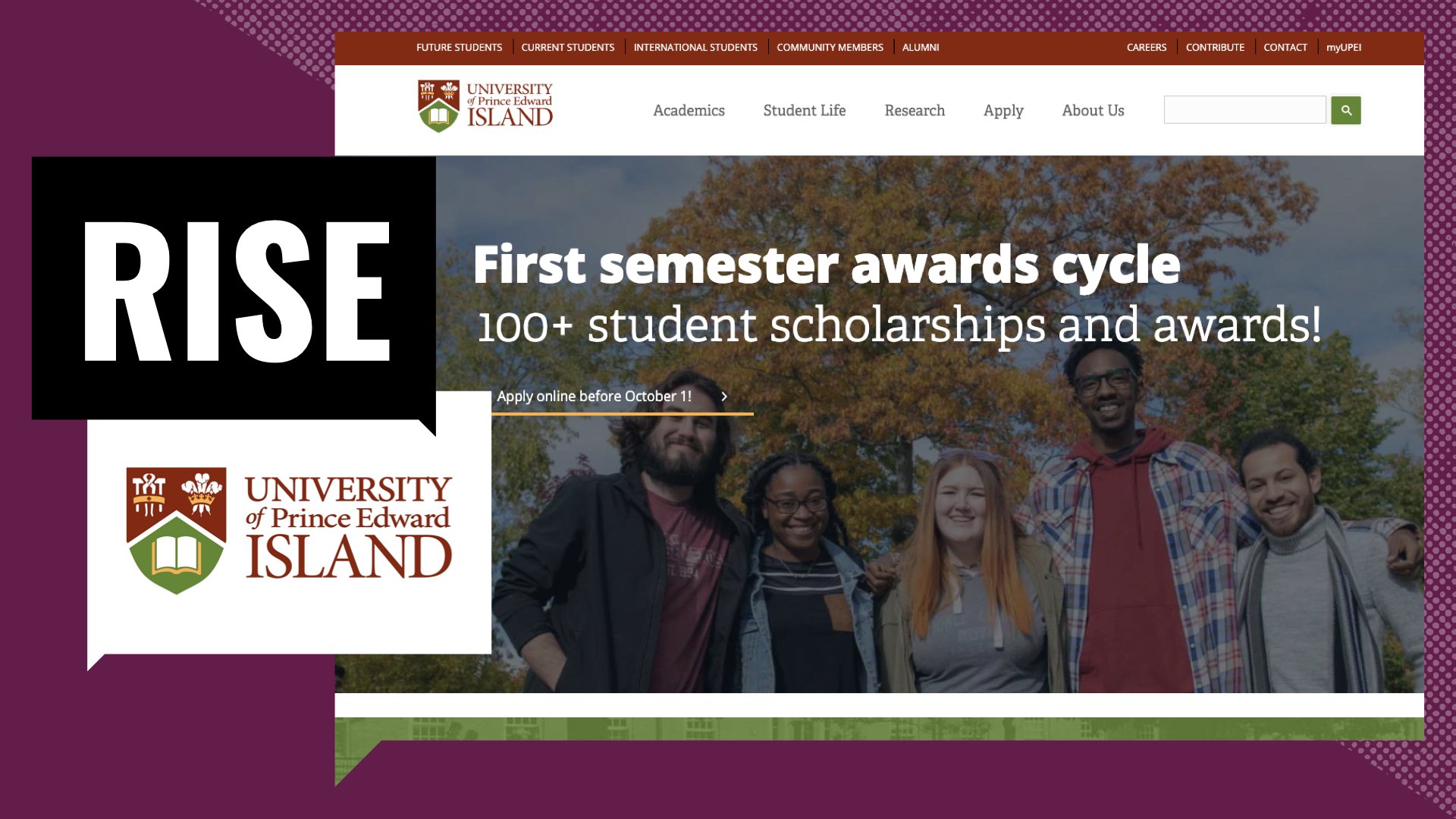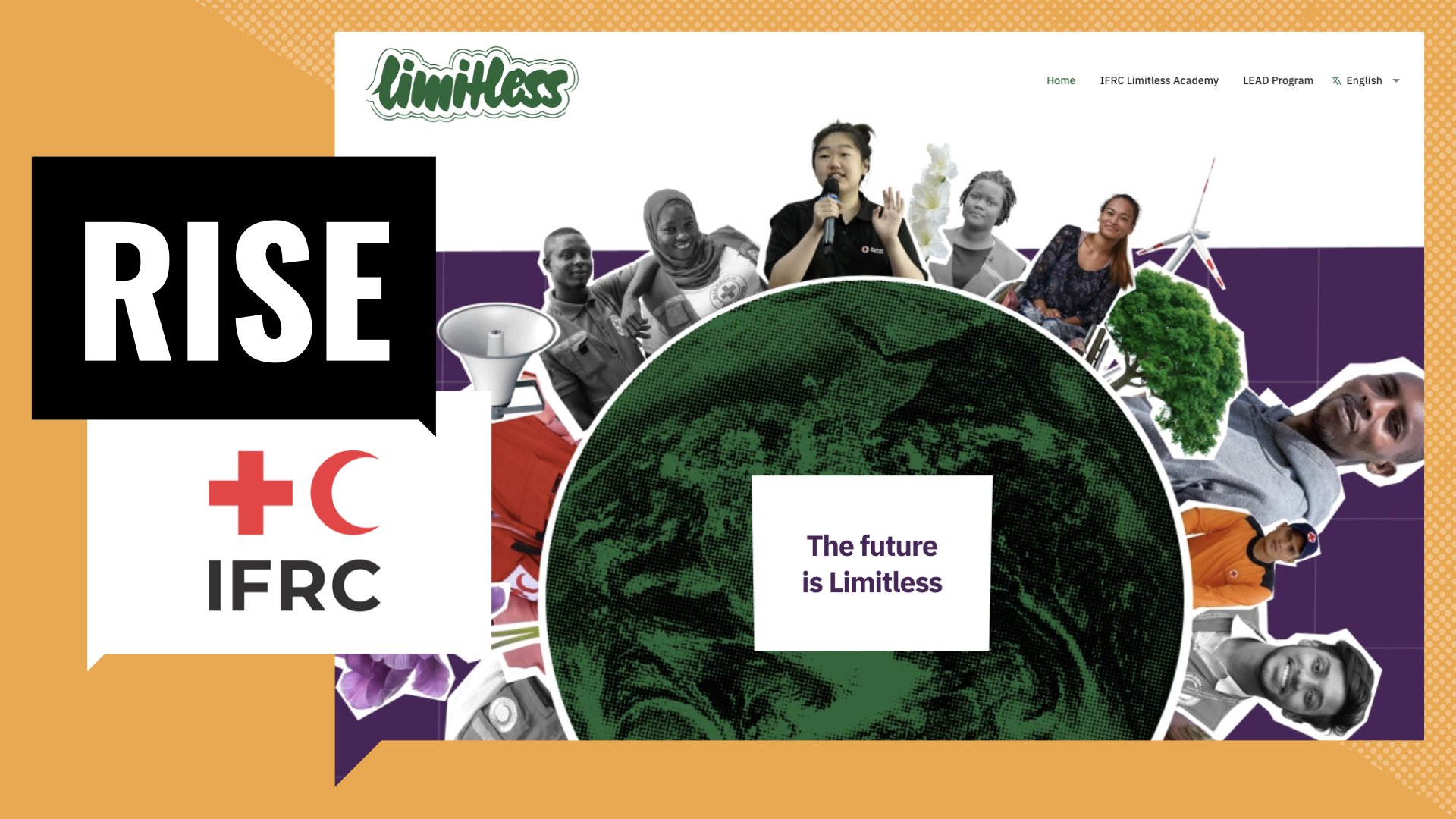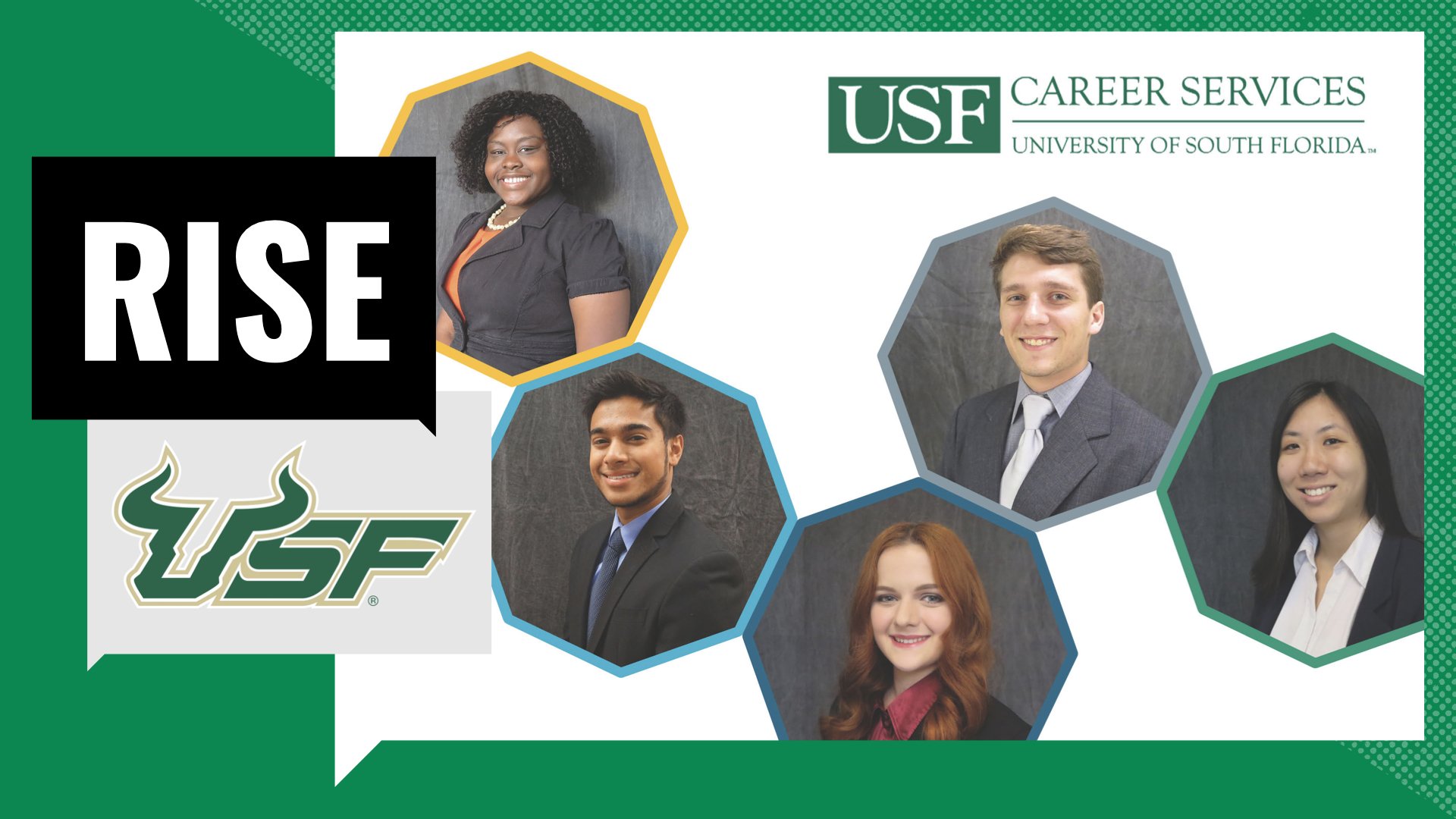Scaffolding Growth with Vygotsky’s Zone of Proximal Development
Most people aren’t taught how to give or receive feedback—they’re expected to just know. Vygotsky’s Zone of Proximal Development shows us that skills like feedback thrive with a little structure and support. That’s exactly what RISE provides: a scaffold that turns feedback into a teachable, transferable habit.
What Maslow’s Hierarchy of Needs Teaches Us About Feedback
Feedback can feel risky because it touches on our deepest needs—for safety, belonging, and esteem. The RISE Model honors these emotional layers, helping individuals feel seen and supported as they grow. By creating psychological safety, RISE makes space for authentic development and self-actualization.
Building Human Skills Through Feedback: RISE + Second Step High School
To help students develop real-world communication, collaboration, and critical thinking skills, Committee for Children integrated the RISE Model into its Second Step® High School Program. RISE offers a structured, student-centered approach to peer feedback that supports strategic thinking, empathy, and adaptability. With tools like educator guides, feedback templates, and videos, RISE empowers teachers to create meaningful learning experiences that build students’ confidence and readiness for life beyond the classroom.
How Social Emotional Learning Shapes the RISE Model
Feedback is an emotional experience shaped by our sense of self and social context. The RISE Model brings Social Emotional Learning to life by helping individuals navigate feedback with empathy, curiosity, and confidence. It turns peer and performance reviews into moments of connection, not conflict.
How Cognitive Learning Theory Supports the RISE Model
Feedback isn’t a reflex—it’s a mental process shaped by memory, perception, and interpretation. Grounded in Cognitive Learning Theory, the RISE Model helps learners slow down and process feedback with intention, activating deeper thinking and more meaningful action. It’s a practical scaffold for developing reflection and growth in any learning environment.
RISE & AI
Dr. Stacey MacKinnon of the University of Prince Edward Island transformed her classroom feedback process by integrating the RISE Model with AI through the Stemble platform. With 250+ first-year students, providing detailed, individualized feedback was challenging. The RISE Model—Reflect, Inquire, Suggest, Elevate—was embedded into the AI platform, enabling scalable, high-quality peer feedback. Students improved their critical thinking and feedback skills while receiving consistent, actionable insights.
RISE & The Red Cross
The International Federation of the Red Cross (IFRC) integrated the RISE Model into their Limitless program to mentor over 10,000 youth addressing local climate challenges worldwide. By adopting the RISE framework for meaningful feedback, which was translated into 11 languages, the IFRC supported the development of 100 innovation leads. These mentors used RISE to facilitate structured, impactful feedback, fostering idea development and collaboration across diverse cultural contexts.
RISE & Career Readiness
The University of South Florida (USF) adapted the RISE Model for meaningful feedback to enhance their Career Readiness badging program. By introducing an additional "Align" stage, creating the (A)RISE framework, USF trained peer coaches to provide structured, impactful feedback that aligned with the program's goal of developing eight essential career competencies. Over 3,000 students benefited from feedback that helped them articulate skills for interviews, resumes, and beyond.

